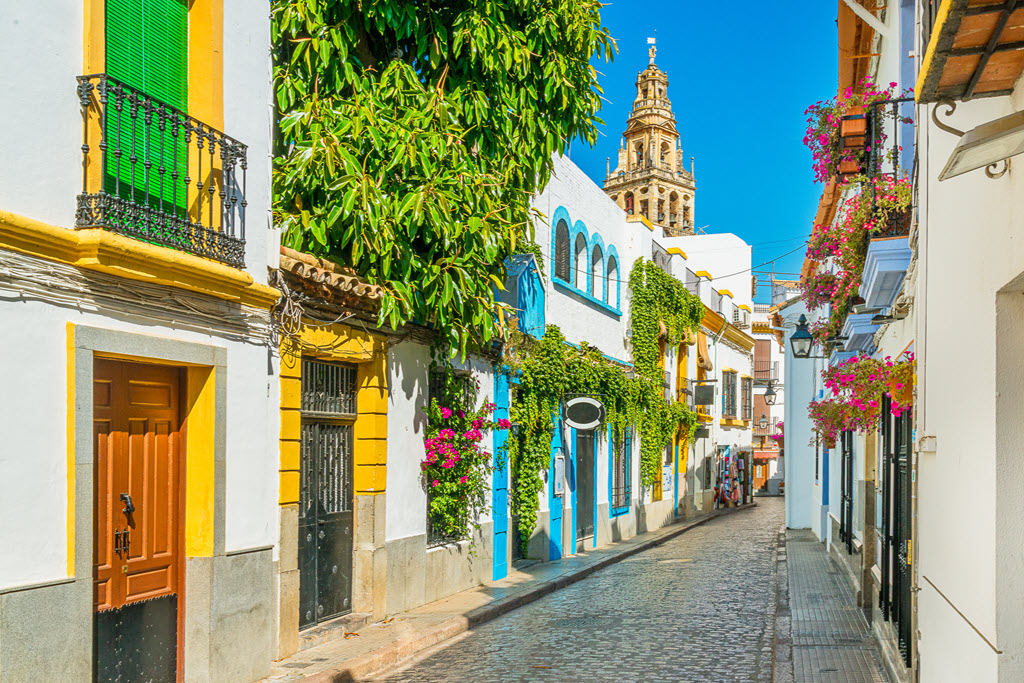-
Find your place in the sun
- Home
-
Property Search
- Property Search
-
Property in Spain
- Property in Spain
- Almeria
- Costa Blanca
- Costa del Sol
- Costa Brava
- Costa de la Luz
- Costa Tropical
- Murcia
- Valencia
- Inland Andalucia
-
Canary Islands
- Canary Islands
- Tenerife
- Fuerteventura
- Lanzarote
- Gran Canaria
- Balearic Islands
- All Areas
- Property in France
-
Property in Portugal
- Property in Portugal
- Algarve
- Albufeira
- Lagos
- Lisbon Coast
- Silver Coast
- All Areas
- Property in Italy
-
Property in Greece
- Property in Greece
- Aegean Islands
- Corfu
- Crete
- Halkidiki
- Ionian Islands
- All Areas
- Property in Florida
- Property in Cyprus
- Property in Turkey
- Search all countries
- New Developments
- Find an agent in...
- Most Popular Properties
-
-
Help & Guides
- Help & Guides
- How to Buy
- Area Guides
- Free Guide Download
- Professional Services
- Currency
- Mortgages
- Insurance
-
Relocation
- Relocation
-
Moving to Spain
- Moving to Spain
- Buying property in Spain
- Living in Spain
- Retiring to Spain
- How to move to Spain
-
Moving to France
- Moving to France
- Buying property in France
- Living in France
- Retiring to France
-
Moving to Portugal
- Moving to Portugal
- Buying property in Portugal
- Living in Portugal
- Retiring to Portugal
-
Moving to Italy
- Moving to Italy
- Buying property in Italy
- Living in Italy
- Retiring to Italy
-
Moving to Cyprus
- Moving to Cyprus
- Buying property in Cyprus
- Living in Cyprus
- Retiring to Cyprus
- Moving to Malta
- Find a Lawyer
- Viewing Trips Guide
- Articles
- Webinars
- New Developments
- Live Events
-
TV Show
- TV Show
- Episodes
- Presenters
- Apply
- Advertise with us
-
- Sign up / sign in
- Currency
- Find an agent
- Advertise with us
Living in Spain
 Once you've bought your new Spanish property you need to think about your new life in Spain!
Once you've bought your new Spanish property you need to think about your new life in Spain!
Find out about visas, cost of living and more here.
Visas
If you want to live in Spain for more than 90 days in every 180 you need to make sure that you have a visa or Spanish residency. Find out more about the types of visa and how to apply for them:
If you plan on working in Spain when you relocate, you will need to apply for a different kind of visa - a work permit. You will also be required to provide a business plan for approval; or your employer can apply on your behalf.
Healthcare
Once you're living in Spain you'll need to make sure you've got access to healthcare, we've outlined how the Spanish healthcare works, and whether you'll need to take out private healthcare here.
Find out more about healthcare in Spain.
Education and schools
If you're moving to Spain with children you will need to think about where you're sending them to school, and whether you want them to learn in Spanish or English.
Read about the education system in Spain here.
Cost of living in Spain
You'll need to factor in how much life is going to cost - we've outlined all the things you need to think about before you move to Spain!
Find out about the cost of living.
Getting your NIE
An NIE is essential for buying a property, but you'll also need it to buy a car and set up a Spanish bank account.
Find out how to apply for you NIE number.
Retirement
If you're moving to Spain to retire, take a look at our dedicated section on living in Spain as a retiree.
Settling in to life in Spain
Starting a new life in a new country can be a scary prospect!
FAQs: Living in Spain
How do I find property for sale in Spain?
To find property for sale in Spain, you can use a placeinthesun.com to find properties and local estate agents, or visit property exhibitions like A Place in the Sun Live. Focus your search by region - such as Costa del Sol, Alicante, or the Balearic Islands - depending on your lifestyle, climate, access and budget preferences.
Can foreigners buy property in Spain?
Yes, foreigners can legally buy property in Spain without restrictions. Both EU and non-EU citizens can purchase homes - with the exception of those without reciprocity agreements like Australia and Canada - and many opt to do so for relocation, investment, or retirement purposes.
What are the costs involved in buying a house in Spain?
In addition to the purchase price, buyers should budget for taxes. It's typically 11 to 14% for the purchase or closing costs, depending on the region of Spain, and the type of property. If you have a Spanish mortgage you need to add an additional cost of 2 to 4%. There will also be costs for obtaining an NIE number and connecting utilities.
But the ballpark above includes Transfer tax (ITP), equivalent to stamp duty, calculated on the property purchase price and between 6.5 and 10%, depending on the region.
It also includes the Notario’s fee of around 0.5% of the purchase price, and tends to range from €300 and €1200. Land Registry fees in Spain tend to be between €400 and €600 – or 0.4% of the purchase price.
Legal fees are usually a percentage of the purchase price – generally 1% plus VAT– but with a minimum fee. Typically this might be €1,000 to €2,000. VAT on new-build properties in Spain is 10% and stamp duty on new-build is 1.5% of the purchase price.
Is buying property in Spain a good investment?
Property in Spain remains a popular investment due to the country's robust tourism, rental demand, and favorable climate. Coastal properties and city apartments often offer strong rental yields and long-term appreciation potential. But beware that many areas in Spain are restricting short-term rentals. Check local rules.
Where are the cheapest places to buy property in Spain?
The most affordable areas often include regions like Murcia, Almeria, and inland parts of Valencia and Andalusia. These offer lower property prices while still providing authentic Spanish living and good amenities.
What is the process of buying a property in Spain?
The typical process includes: finding a property, making an offer, hiring a local solicitor, paying a reservation deposit, signing the private purchase contract, completing the sale at the notary’s office. Due diligence and legal checks are essential.
Are there taxes on owning property in Spain as a non-resident?
As the owner of a property in Spain but as a non-resident of Spain, you will be liable to pay non-resident’s income tax. Even if you do not rent it out you will be required to submit an annual return. You can expect to pay an annual tax that is calculated on the basis of the rateable value (valor catastral) of the property.
The tax payable will usually be very low, based on a taxable amount of 1.1% of the rateable value, taxed at the rate of 19%. If you do rent out the property then you will be required to submit quarterly returns declaring the income received and the expenses you have incurred in each quarter.
You can expect to pay quarterly tax upon the net income earned at a rate of 19%, taking into consideration deductible expenses.
